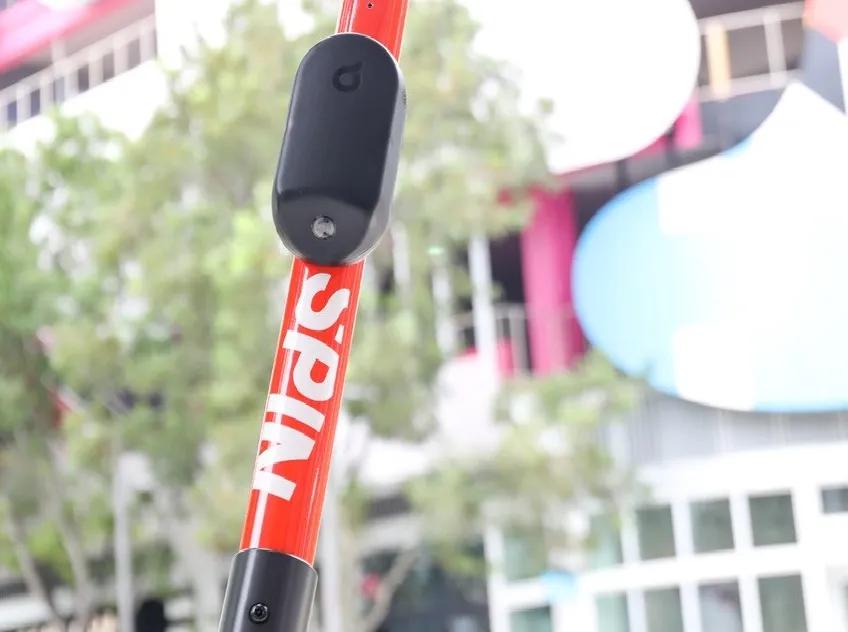
UK telecoms provider BT is behind a £5m deal to scale up the country's drone industry.
Etc., the incubation team in BT Group’s Digital unit, is partnering with Altitude Angel, which provides software and infrastructure to allow drones to fly safely, without a pilot, over large distances.
The idea is to support the development of the UK’s drone superhighway - Project Skyway - set to be the largest and longest network of its kind in the world.
The cash will accelerate the roll-out of Altitude Angel’s Arrow technology, which detects and identifies drones, while also enabling drones to share airspace with crewed aviation safely and securely.
Arrow helps to create a 165-mile drone corridor spanning airspace above Reading, Oxford, Milton Keynes, Cambridge, Coventry, and Rugby - put the plan is grow this to thousands of miles of Skyway infrastructure connecting towns and cities as well as transport and package delivery hubs.
BT will provide connectivity and network infrastructure and maintain Altitude Angel’s Arrow tower network.
Richard Parker, CEO and founder, Altitude Angel says: "This will provide the UK with the first nationwide drone superhighways, unlocking the potential of this new and innovative technology and revolutionising business operations in countless industries.”
BT and Altitude Angel were involved together in an earlier programme, Project Xcelerate, and Skyway is backed by the UK government’s Future Flight programme.









